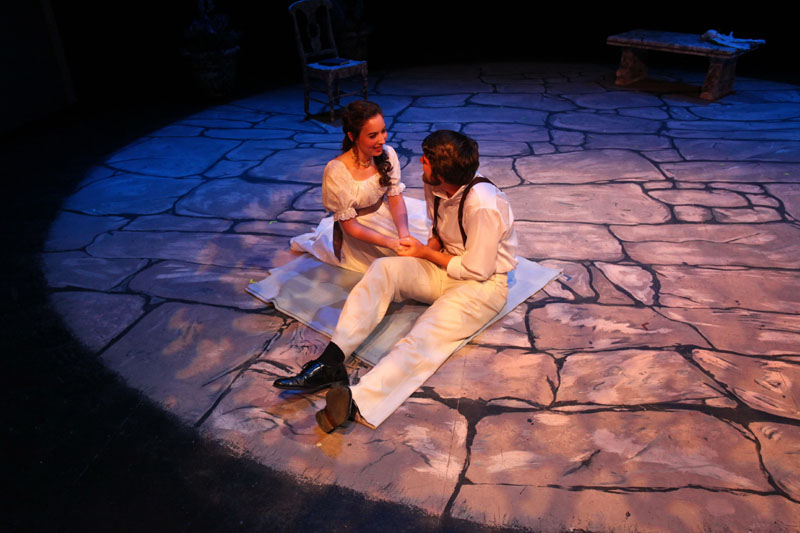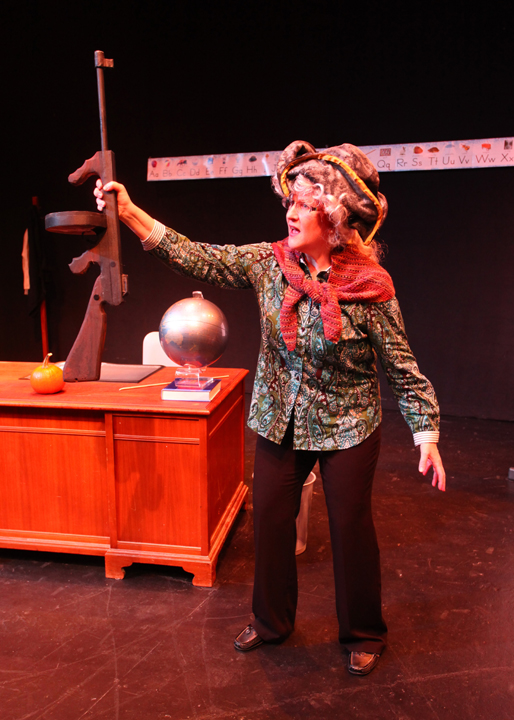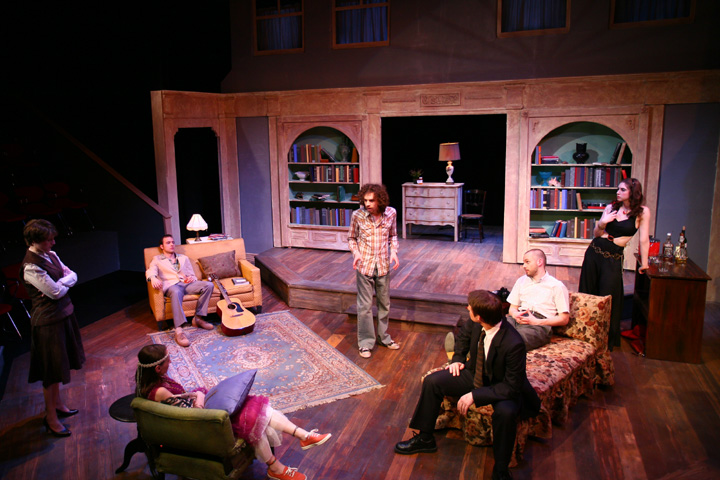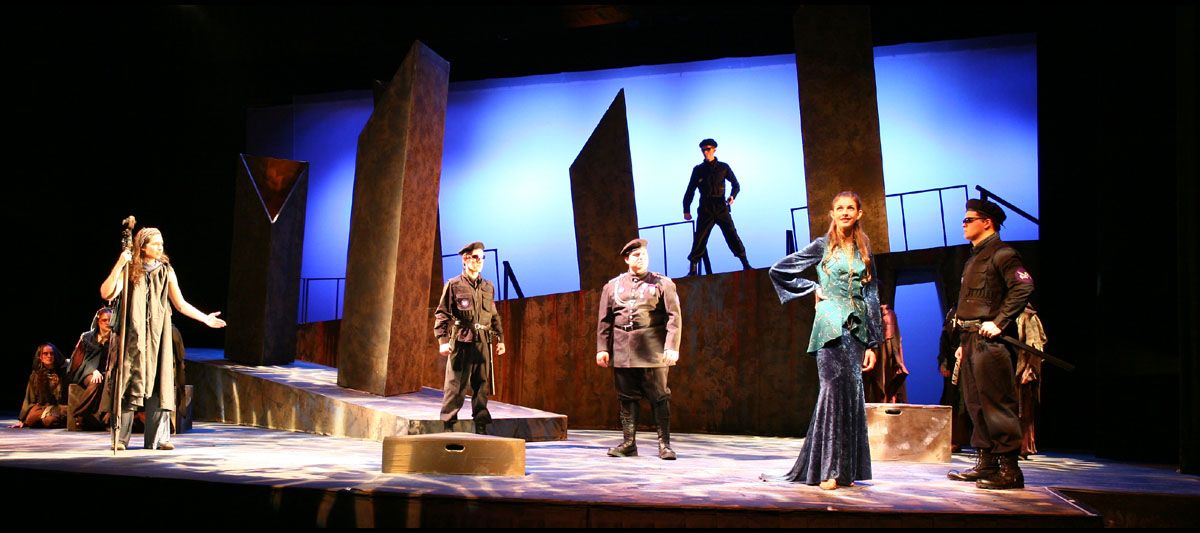

In the first installment of this two-part series on Insights for Actors through Storytelling, I discussed why and how I developed this directorial technique. We also considered the foundation elements that are a part of this directing method.
It’s interesting to note that not every director works the way in which I do. In fact, over the years I’ve found that most do not. Often during the first day of rehearsal actors are a little puzzled by my technique, which is actually, when all is said and done, grounded on gaining their ultimate trust so that everyone in the show feels free to make as many discoveries as possible about their character and the play.
Specifics
The storytelling technique involves these elements:
- Feeling free to stop a scene when its being rehearsed and focus on talking to one actor
- Discussing the subject out of earshot of others.- I often talk in a low voice; I often stand close to the actor; We often walk away from others.
- When stopping I may speak with numerous actors individually before going back and starting the scene again.
- I will always leave the actor with something to think about, offer them a new way of taking a moment or change some aspect of their blocking or the staging.

- If I ask the actor to try a line, play a moment or utilize a new approach, I never tell the other actors what I’ve asked that actor to do. Why do I keep it a secret? For a few reasons- The other actors can’t preplan how they will react and that means they have to be open to offering an instantaneous reaction, action and discovery. The actor I have given the direction to feels free to take risks and fail. Why? Because no one knows what I have asked them to do and that means there’s no fear of being judged if it doesn’t work or they can’t do what I’ve requested. Keeping it secret allows the actor to be the ultimate interpreter of what I’ve said to them- I’ve given them the power to create.
- If I am asking a lot of an actor, I always remind them that we are in rehearsal and that we’re involved in a process where we build towards results and new discoveries do not always happen instantaneously.
- I will often ask an actor if I’ve been clear or if they have questions regarding what we have discussed.
What Type of Story do I Tell?
You must be wondering, “Does he really tell his actors stories?” The answer is, “Yes, I do.” The stories vary a lot. What I can say is they always have some connection to a moment, character, theme, action or line of dialogue in the script.
Sometimes I tell a personal story while other times I discuss the character’s situation in the play and connections to real life. I may talk about one word in a line of dialogue or an entire monologue or a phrase and consider why it is being said. We may stop and talk about another character, the playwright, or another work of art related to the moment.

My one guiding principle in how I decide what story I am going to tell is that it must in some way illuminate the moment for the actor. I never preplan what I’m going to talk about. I can’t. This is due to the fact that any story is contingent on the actors, the moment they are playing and what specifically they are bringing to the play at that very moment.
Thus, the technique relies upon a director being spontaneous, ever observant, and always thinking and reacting. Sometimes the story I tell doesn’t quite fit. That’s okay. It’s good for actors to see the director being imperfect and the director feeling comfortable and secure with his/her imperfections.
Facilitating the Freedom to Discover, Fail and Create

Actors tend to like this technique because it is feeing and it allows them to discover elements of the script they may have never considered. Also, they feel secure in making a risky choice, learning from a choice that doesn’t work and ultimately being creative as they utilize the playwright’s script.
I have used this technique when directing every type of play, from The Glass Menagerie to Guys and Dolls and from Trojan Women to The Odd Couple. I feel that one of my jobs as a director, and it’s a very important one, is to facilitate creativity in everyone. Actors have found storytelling to be especially useful in helping them make their characters come alive on stage as they discover nuances and details of which they may have never thought.
By the way, I never discuss this technique before using it. I just do it. Acting is, after all, creating an action, playing, or doing. So save the talking to the actual storytelling designed to activate an actors mind, heart, and soul.

 Random Item
Random Item